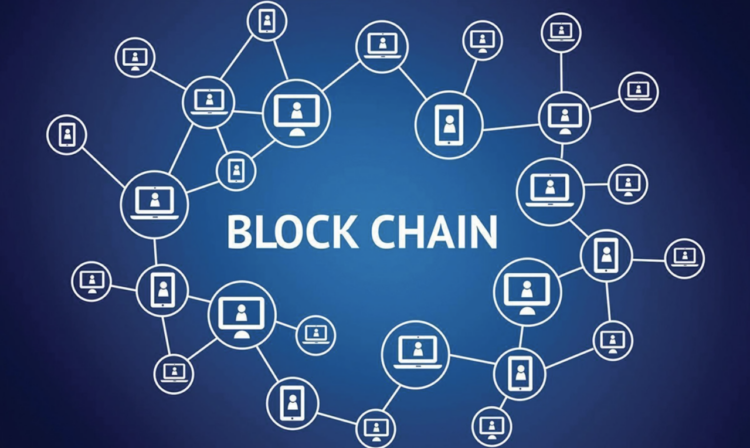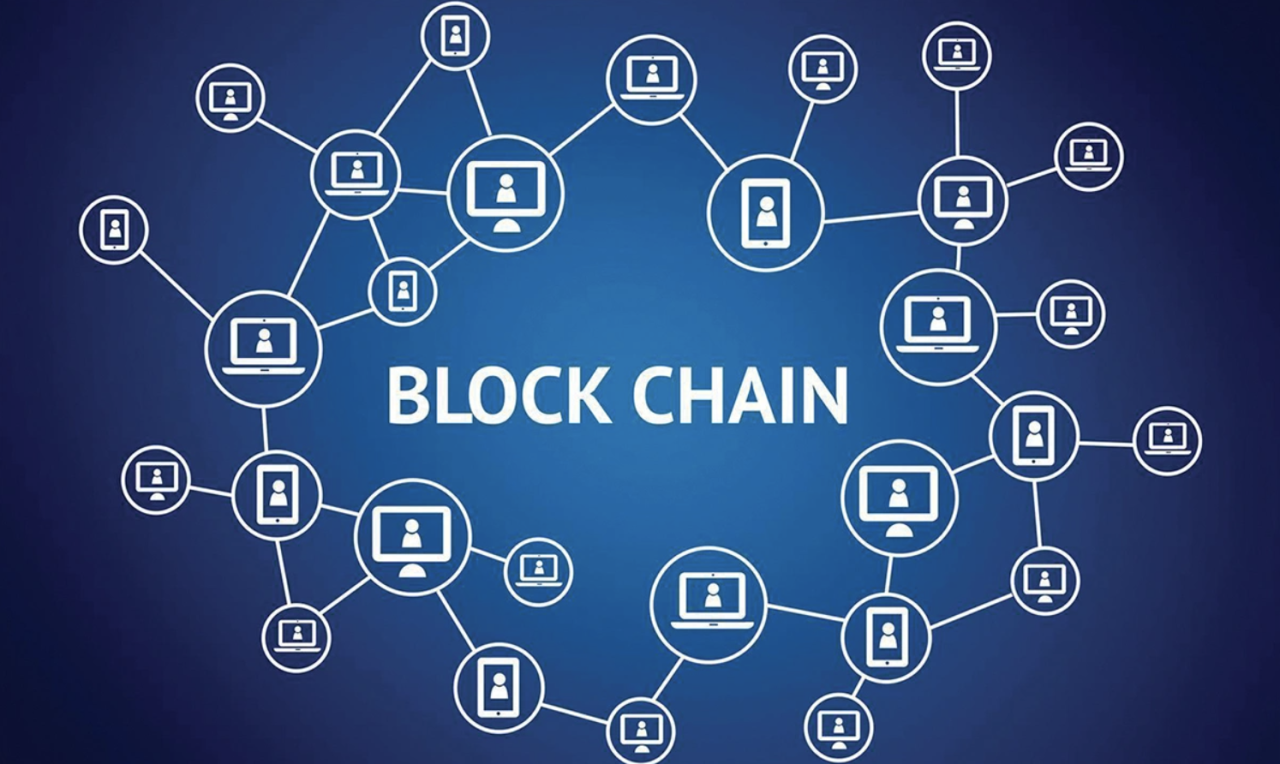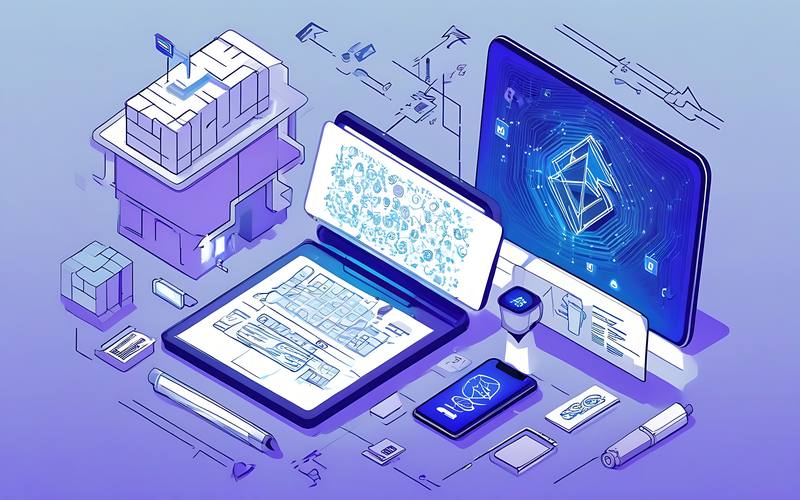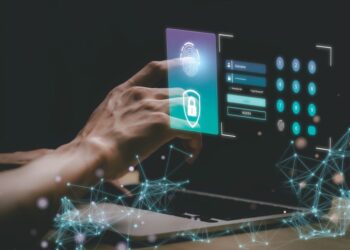Embracing a New Era of Digital Security
In today’s digital-first world, the need for secure, transparent, and efficient transaction systems has never been more critical. With the rapid growth of online commerce, financial technology (fintech), and data-driven ecosystems, traditional systems struggle to keep up with increasing threats like data breaches, fraud, and identity theft. Enter blockchain technology — a groundbreaking innovation that is redefining how we secure digital transactions and recordkeeping.
This article explores how blockchain plays a pivotal role in ensuring the integrity and security of digital transactions. From decentralized verification to immutable recordkeeping, blockchain presents a compelling solution for modern cybersecurity challenges. We’ll break down its architecture, applications, benefits, and real-world use cases while ensuring this content remains optimized for SEO and Google AdSense relevance.
What Is Blockchain Technology?
Blockchain is a distributed digital ledger that records transactions across a network of computers in a secure, transparent, and immutable manner. Unlike centralized databases, a blockchain doesn’t rely on a single authority. Instead, it operates through consensus mechanisms across its network participants.
Every entry or “block” on the blockchain contains:
A. A unique cryptographic hash
B. A timestamp
C. A reference to the previous block
D. Verified transaction data
Because each block is linked to the one before it, any attempt to alter one block would require changes to every other block — an almost impossible feat due to the consensus-driven validation process.
Key Features That Make Blockchain Secure
Blockchain technology offers several features that enhance the security and efficiency of digital transactions:
A. Decentralization
One of the primary security advantages of blockchain is decentralization. Rather than relying on a central server, data is distributed across a peer-to-peer network. This reduces the risk of a single point of failure or attack.
B. Transparency
Transactions on a public blockchain are visible to all participants. This transparency promotes trust and accountability among users.
C. Immutability
Once a transaction is recorded on the blockchain, it cannot be altered or deleted. This ensures a tamper-proof record of all activities.
D. Cryptographic Security
Each transaction is encrypted and verified using cryptographic algorithms. This makes it nearly impossible for unauthorized entities to alter the data.
E. Consensus Mechanisms
Blockchain uses protocols such as Proof of Work (PoW) or Proof of Stake (PoS) to validate transactions. These systems require agreement from the majority of participants before adding a new block, further enhancing trust.
Blockchain’s Role in Enhancing Digital Transactions
Blockchain is revolutionizing digital transactions across industries. Its influence is felt strongly in the following areas:
A. Financial Services and Banking
Blockchain is transforming how banks process transactions. By eliminating intermediaries, it allows for faster and cheaper cross-border payments. Smart contracts can automate and enforce terms without manual oversight.
B. E-commerce and Retail
Online retailers are using blockchain to secure payments, verify product authenticity, and manage supply chains. The transparency of the blockchain helps fight counterfeit goods and ensures ethical sourcing.
C. Healthcare Transactions
Blockchain enhances the security and privacy of sensitive health data. It allows patients to control access to their medical records while ensuring data integrity across different service providers.
D. Real Estate and Property Transfers
Property ownership can be securely recorded on a blockchain, minimizing fraud and paperwork. Smart contracts simplify the transaction process by automatically enforcing terms when conditions are met.
E. Government and Identity Verification
Digital identity systems based on blockchain can offer secure, portable IDs for citizens, reducing fraud in voting, tax collection, and benefits distribution.
Benefits of Blockchain for Secure Digital Transactions
Blockchain offers numerous advantages when integrated into digital transaction systems:
A. Enhanced Security
Blockchain protects against fraud, tampering, and unauthorized access. Its decentralized structure makes it highly resistant to cyberattacks.
B. Increased Efficiency
By automating processes and eliminating intermediaries, blockchain reduces transaction times and operating costs.
C. Improved Transparency and Trust
All parties in a blockchain-based system can access and verify the same data. This eliminates ambiguity and builds trust between stakeholders.
D. Better Data Integrity
Since blockchain records are immutable, users can be confident that data has not been changed or corrupted.
E. Scalability for Global Operations
Blockchain networks can operate across borders without needing centralized control, making them ideal for international transactions.
Real-World Use Cases of Blockchain in Digital Transactions
To understand the real-world significance of blockchain, let’s explore some practical applications:
A. Bitcoin and Cryptocurrencies
The first and most famous application of blockchain is Bitcoin. It allows users to perform peer-to-peer transactions without needing banks, using blockchain to verify and record every exchange securely.
B. Ripple and Cross-Border Payments
Ripple uses blockchain to offer faster, low-cost international money transfers. It partners with global banks to facilitate near-instant cross-border transactions.
C. Ethereum and Smart Contracts
Ethereum extends blockchain’s functionality by introducing smart contracts, which are self-executing contracts with terms written directly into code. This innovation powers everything from DeFi (decentralized finance) apps to NFT marketplaces.
D. IBM Food Trust
IBM’s blockchain solution for the food industry ensures traceability across the supply chain. Consumers and businesses can track the journey of food products from farm to table, enhancing safety and transparency.
E. Estonia’s E-Government
Estonia uses blockchain technology to secure national records such as birth certificates, property deeds, and health information, becoming a pioneer in digital governance.
Blockchain vs Traditional Transaction Systems
Let’s compare blockchain with conventional systems to better understand its advantages:
| Feature | Blockchain-Based Systems | Traditional Systems |
|---|---|---|
| Security | High (decentralized, encrypted) | Moderate (centralized, vulnerable) |
| Speed | Near-instant (for some chains) | Slow (days for international transfers) |
| Transparency | Full (public ledger) | Limited (only to involved parties) |
| Cost | Lower (no intermediaries) | Higher (banking fees, legal fees) |
| Trust | Built-in via protocol | Based on central authority |
Challenges and Limitations of Blockchain
While promising, blockchain still faces challenges that need to be addressed:
A. Scalability Issues
Some blockchains, like Bitcoin, can handle only a limited number of transactions per second. This may not be sufficient for high-volume platforms.
B. Energy Consumption
Proof of Work (used by Bitcoin) consumes vast amounts of energy. Greener alternatives like Proof of Stake are being developed to reduce this environmental impact.
C. Regulatory Concerns
Blockchain operates across borders, creating a challenge for unified regulation. Different countries have varying approaches, which can complicate adoption.
D. Data Privacy
While transparency is a strength, it may also pose a risk to data privacy in public blockchains. Solutions such as private blockchains or zero-knowledge proofs are being explored.
E. User Adoption and Education
Many people still don’t understand how blockchain works or why it matters. Without greater awareness, adoption will remain limited to tech-savvy audiences.
Future of Blockchain in Digital Security
The future of blockchain looks promising, especially as more industries recognize its potential. Innovations in layer 2 scaling solutions, interoperability protocols, and privacy enhancements are making blockchain more adaptable for everyday use.
A. Integration with IoT (Internet of Things)
Combining blockchain with IoT can secure device-to-device communications, especially in smart homes and industries.
B. Growth of Decentralized Finance (DeFi)
DeFi platforms are creating financial ecosystems without banks. These platforms rely entirely on blockchain for lending, borrowing, and trading.
C. Expansion of Digital Identity Solutions
Blockchain-based identity management will offer users control over their personal information, reducing the risks of identity theft.
D. Supply Chain Optimization
Blockchain enables transparent tracking in global supply chains, ensuring product authenticity and ethical sourcing.
E. Enhanced Voting Systems
Blockchain can power secure digital voting systems that are tamper-resistant and auditable, improving democratic processes.
Conclusion
Blockchain has emerged as a transformative technology with the potential to redefine digital transactions. Its combination of security, transparency, and efficiency addresses many of the flaws in traditional systems. From banking and healthcare to governance and logistics, blockchain is paving the way for a more secure digital future.
Although challenges remain, ongoing innovations are steadily resolving these issues, making blockchain more accessible and scalable. As industries continue to embrace this decentralized technology, the era of truly secure, digital transactions is just beginning.














